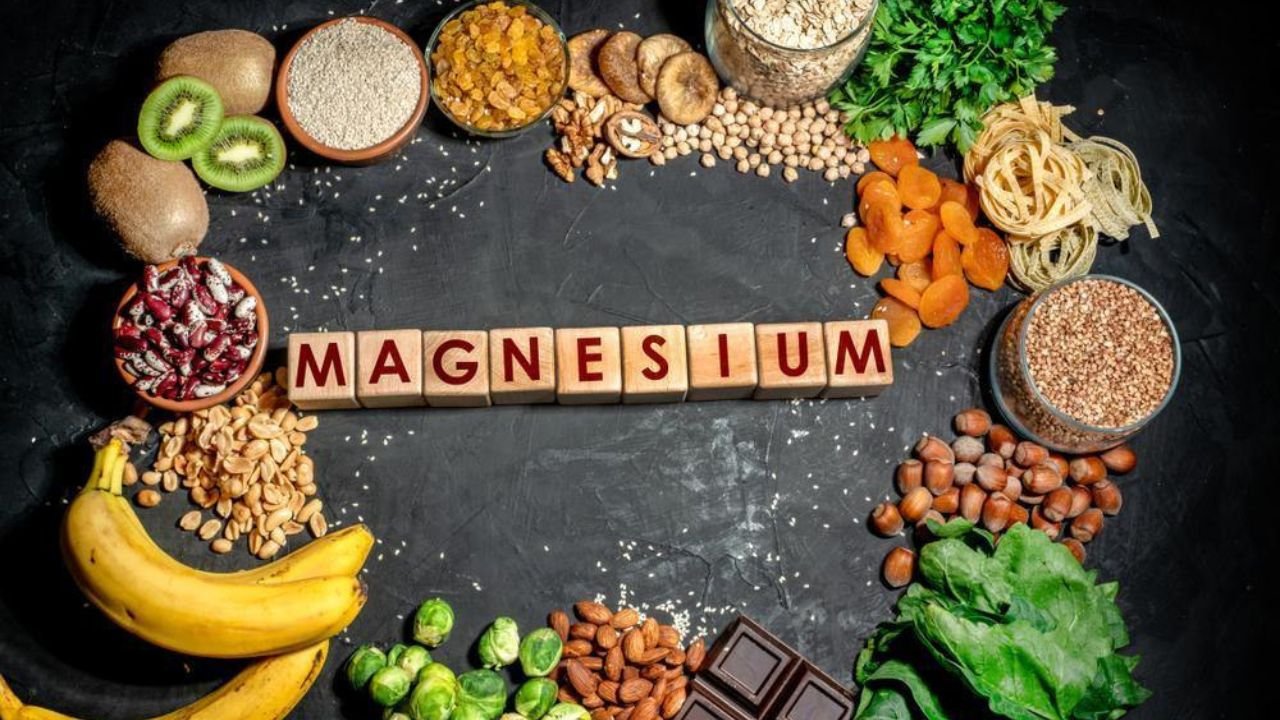Magnesium is a vital mineral for the body. It’s not just a mineral, but a nutrient that helps maintain the proper functioning of many vital bodily functions. A magnesium deficiency can lead to many everyday problems, such as fatigue, muscle cramps, insomnia, and increased stress. Therefore, it’s crucial to include magnesium-rich foods in your diet. If the deficiency is severe, supplements can be taken with a doctor’s advice.
Magnesium-Rich Diet
To ensure adequate magnesium intake, eat green leafy vegetables like spinach and fenugreek daily. Pulses and beans like lentils, kidney beans, and black chickpeas are also good sources. Including nuts and seeds like almonds, pumpkin seeds, and chia seeds in your diet provides the body with the necessary magnesium. Quinoa, whole grains like brown rice, dark chocolate, bananas, avocados, and soy products (tofu) are also excellent options. All of these foods not only provide magnesium but also keep the body energetic and healthy.

Beneficial for Heart, Bones, and Sleep
Magnesium is crucial for heart health. This mineral helps regulate blood pressure, maintain proper heart muscle function, and reduce the risk of irregular heartbeats. Additionally, approximately 60% of the body’s magnesium is stored in bones. Together with calcium and vitamin D, it strengthens bones and prevents osteoporosis. Magnesium is also beneficial for those with sleep problems, as it regulates neurotransmitters like GABA, which calm nerves and promote deep sleep.
Role in Mental Health and the Nervous System
Magnesium is essential for muscle contraction and relaxation. It helps transmit messages through nerves, ensuring proper body movements. A magnesium deficiency can lead to muscle tension, cramps, and tingling. Furthermore, it plays a significant role in mental health. Adequate magnesium reduces stress and depression, improves mood, and controls anxiety. Therefore, including magnesium in your diet is essential for overall health.







